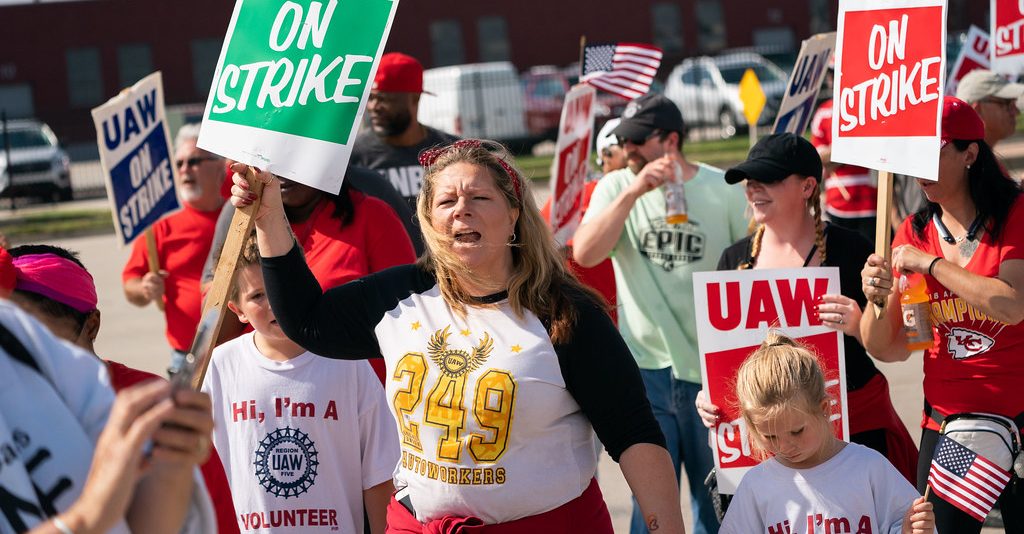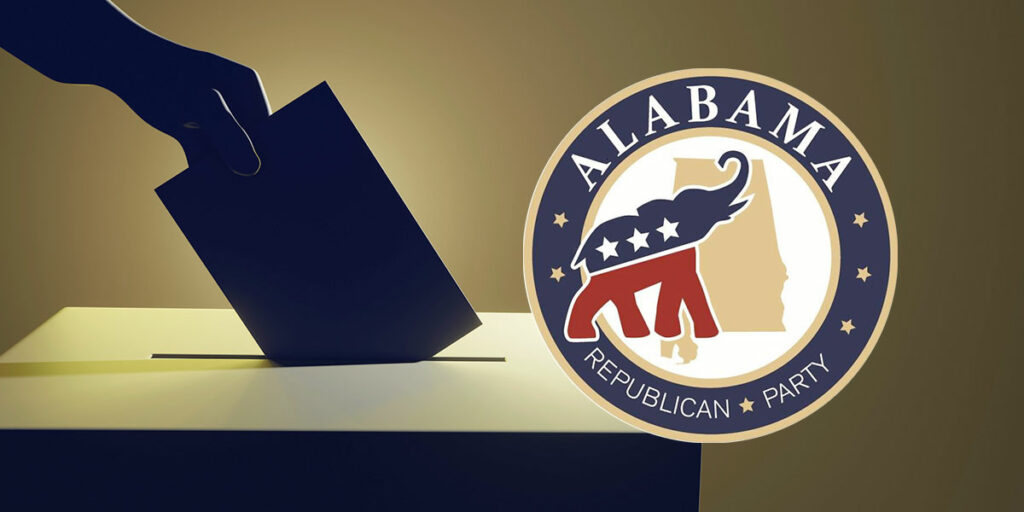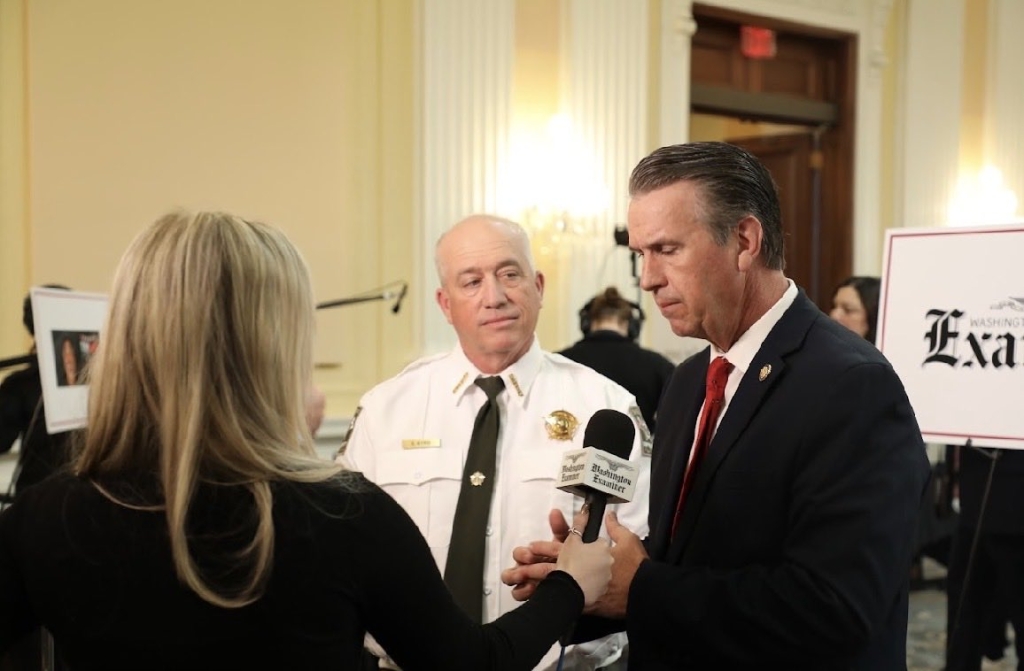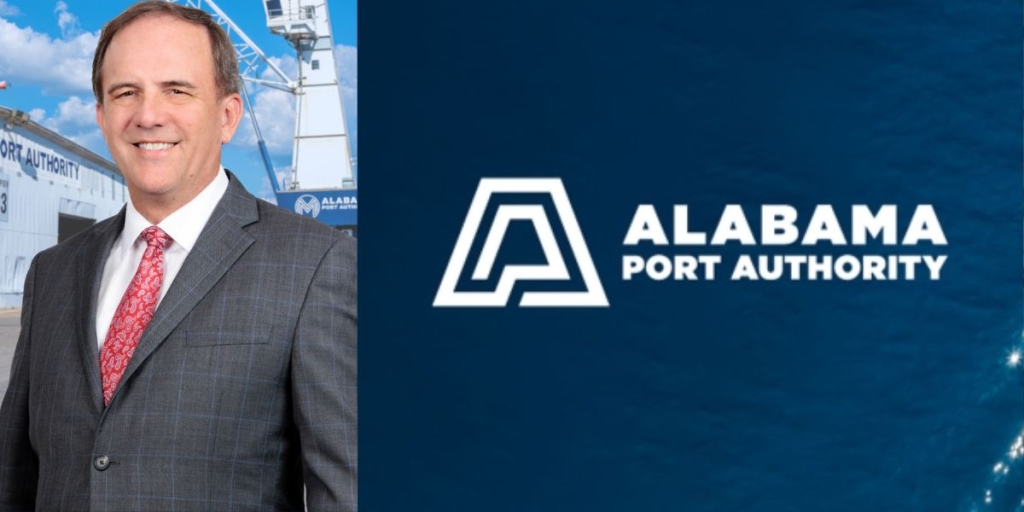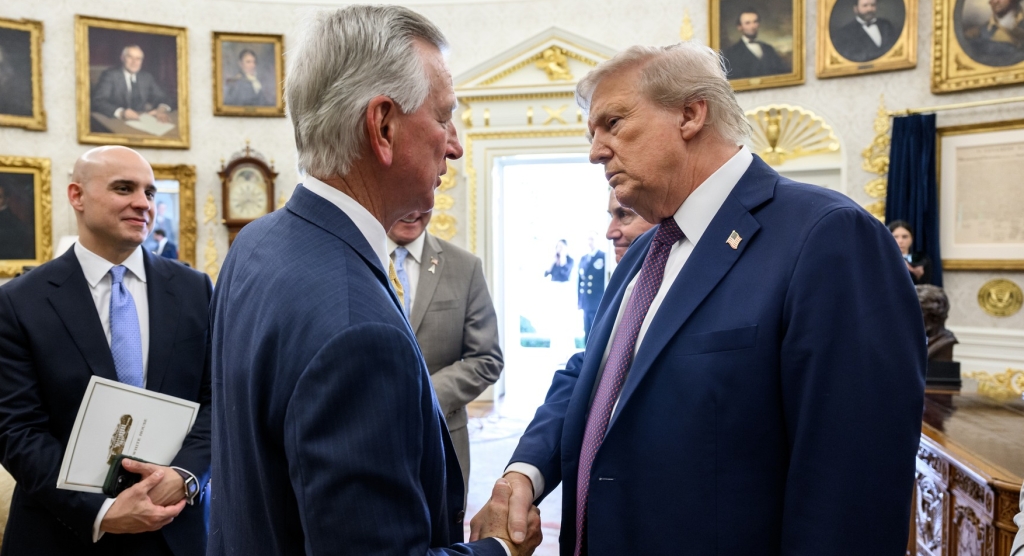As the president and CEO of the Mobile Chamber, I have the privilege of working closely with businesses of all sizes and across various industries. My primary goal is to foster a thriving economic environment that benefits employers, employees, and the broader community. However, one significant threat to this objective is the growing effort of labor unions, specifically the United Auto Workers (UAW), to gain a foothold in Alabama.
Just this past May, 56 percent of the workers at the Mercedes-Benz facility in Vance voted against joining the UAW. Workers at the facility understood what workers at a Nissan facility in New Jersey recently concluded when they voted to decertify the UAW: the union isn’t especially interested in helping workers so much as they are interested in capturing more dues paying members. Further, the union has shown a troubling eagerness to infringe on worker freedoms to accomplish its goal.
The UAW poses a clear and present danger to both worker freedoms and Alabama’s economic growth.
First, it seeks to pressure employers into neutrality agreements, which prohibit employers from sharing information about the union, such as past corruption scandals, with employees. When their pressure tactics fail, the union will call on its powerful friends in Washington, D.C. For example, earlier this year, 33 U.S. senators from states like Michigan, Massachusetts, and Vermont sent a threatening letter to international auto manufacturing executives strongly implying they need to accept neutrality agreements to benefit from federal incentives designed to promote EV manufacturing.
Additionally, the UAW pushes for a card check method of union organizing rather than a secret ballot election. Under card check, workers come under intense pressure, which sometimes crosses the line to intimidation and harassment. That’s because a worker’s support for, or opposition to, the union becomes public knowledge. Union representatives or coworkers, who support the union, can leverage this open petition process to frighten workers who have legitimate questions into simply keeping silent and voting for the union.
Due to a lack of accountability, the UAW can promise workers almost anything during an organizing campaign, and they never have to deliver on those promises. For example, they can promise to protect job security. However, the Big 3 in Michigan have announced 18,000 layoffs since the UAW’s strike last year. Meanwhile, workers in Alabama auto manufacturing facilities have seen no major layoffs.
In addition, the union is under no obligation to spend money derived from member dues on helping workers. In fact, it is far more likely that union dues will be wired out of Alabama and spent on executive salaries and travel than it would stay in the state.
Moreover, the rigid structures and rules imposed by unions stifle innovation and adaptability. In today’s fast-paced, technology-driven world, businesses must be agile and responsive to market changes. Union contracts often lock companies into inflexible agreements, limiting their ability to pivot or implement new strategies quickly. This rigidity can be detrimental in industries that require constant innovation to stay competitive.
The economic impact of union strikes and work stoppages cannot be overlooked either. Strikes not only disrupt business operations but also cause significant economic losses. When unions call for strikes, it can halt production, delay services, and lead to lost revenue for businesses. These disruptions can affect supply chains, customers, and ultimately, the broader market.
The Vance workers’ rejection of the UAW was a triumph of opportunity, freedom and economic growth over a command-and-control approach to the workforce and an unnecessarily confrontational relationship between employers and workers.
But, it isn’t only international automaker workers who must be leery of the UAW. Rumors are circulating that the union is changing course after its failure in Vance and will attempt to organize workers at the Airbus facility in Mobile.
Remember: the UAW’s primary interest is to increase its number of dues paying members. It’s disappointing, though hardly surprising, that the UAW has asked the National Labor Relations Board to overturn the results of the Vance election, thereby nullifying the votes of almost 2,700 workers.
It is time to rethink the role of unions in our modern economy. Alabama has proven that we don’t need union interference to grow our manufacturing base and attract new employers who offer good-paying jobs and opportunities for advancement to Alabama workers.
Bradley Byrne is the president and CEO of the Mobile Chamber of Commerce. He is a former Member of Congress, chancellor of Alabama’s two-year college system, Alabama state senator, and the Alabama State Board of Education.




